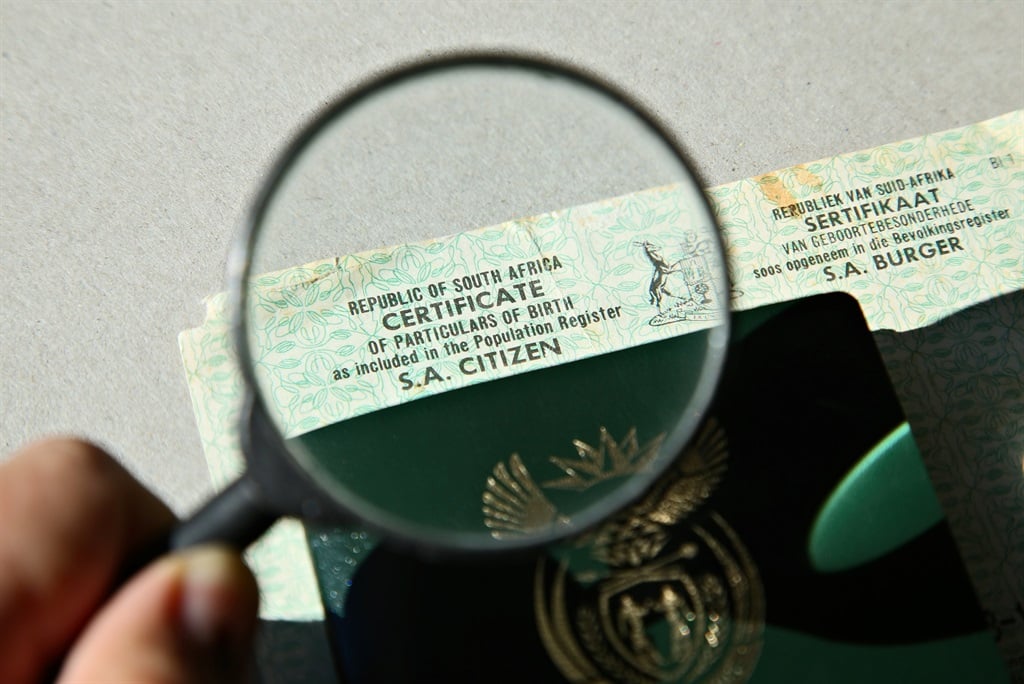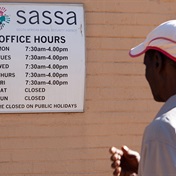
As South Africa gets ready for the elections this year, 30 years into democracy, it is clear that immigration management will be a major voting factor. South Africa is not alone in this regard.
READ: Xenophobia: ‘South Africans deserve better from government’, say residents
With nationalism on the rise, so too is xenophobia. At the heart of it is the distribution of economic opportunities, primarily work and small business opportunities. In South Africa, access to public services such as health, education and crime control is also an issue. In the global north, right-wing parties are winning elections by weaponising the issue of immigration.
Locally, the first shots have already been fired.
On the other extreme is the EFF, whose leader has invited all fellow Africans who want to come and live in South Africa to do so. The invitation, said to be in the spirit of Pan-Africanism, yet without reciprocity, even included encouragement to enter illegally through the porous borders.
READ: Mondli Makhanya | Refresh South Africa's migration debate because our system has failed us
Perhaps a middle position is that of Home Affairs Minister Aaron Motsoaledi, going by his presentation during a public consultation on his department’s white paper on citizenship, immigration and refugee protection last month.
Motsoaledi stated that the white paper sought to provide a framework for overhauling and integrating citizenship and immigration legislation.
He said the idea was to ensure that immigration was managed effectively, without disrupting public order and government’s ability to deliver on its obligations regarding the welfare of citizens, while ensuring that South Africa offers protection to genuine asylum-seekers and those who meet the country’s scarce and general skills deficiencies and investment needs.
READ: Nigerians leaving SA: ‘We can’t wait to get out of this place’
Motsoaledi personally presented what he termed the “ABC of the citizenship immigration and refugee protection legal framework in South Africa” and the challenges that flow from the relevant architecture. He attributed most problems to overly progressive immigration laws and essentially lamented the fact that more people want to immigrate to South Africa than the country has the capacity to absorb.
READ: Aaron Motsoaledi's illegal immigration tough talk
He argued that matching the number of accepted refugees and economic opportunity-seekers is a global approach, which even the most affluent and liberal countries can take. He also alleged that many of those who cannot be accommodated exploit gaps in the legal system, such as the multiple appeal opportunities available to asylum- and economic opportunity-seekers, which have allowed them to remain in the country for up to 13 years.
He cited the cases of Czech fugitive Radovan Krejcir, who eluded extradition for alleged underworld crimes for years, and former Rwandan police officer Fulgence Kayishema, wanted for a massacre during the genocidal civil war in his country.
Another alleged citizenship challenge was foreign nationals converting to citizenship very speedily.
Other problems, however, were seen as relics of the past, primarily the 1949 Citizenship Act, which was designed to instrumentalise citizenship for white privilege and domination on the one hand, and black dispossession and disenfranchisement on the other, as part of apartheid.
A two-pronged solution underpins the white paper. The first dimension is revocation of the accession without reservation to the 1951 UN refugees convention and the 1967 protocol relating to the status of refugees, and readopting these with reservations which would include obligations such as nonrefoulement, provision of welfare support, education and the right to work for refugees.
Novel arrangements include a specialised immigration agency with offices at points of entry; adequate and competent staff (mostly lawyers) to ensure prompt and rigorous adjudication of refugee claims on arrival; and immigration courts.
It is clear that no country can achieve functionality without planned immigration. The challenge, it seems, lies in two transformative constitutional democracy tensions. One is the fact that the Constitution seeks to protect the rights of existing rights-bearers while extending protection to new ones. The other inherent tension is shared power to govern between the elected arms and the courts, without shared responsibility for the impact of policy decisions. This flows from the judicialisation of policymaking and law reform entailed in judicial review, as an essential pillar of constitutional democracy.
READ: Visa delays are costing South Africa millions
At the core of judicial review is protecting fundamental human rights from the vicissitudes of politics and the tyranny of the majority. An intended risk of lawfare is that a judgment to protect the legitimate interests of one litigant can have a devastating systemic impact on nonparties to the litigation, particularly marginalised groups facing both constrained access to justice and constrained political influence.
Is there a problem on the citizenship, immigration and refugee protection fronts? Some at the department of home affairs briefing dismissed the policy and legal challenge argument, arguing that these were purely administrative, relating to ineptitude, understaffing and corruption within the department’s bureaucracy.
Is withdrawing from the 1951 convention and the 1967 protocol, and readopting these with reservations, the answer? The department insists that such reservations would be in line with those of many countries in Africa, as well as Western liberal democracies.
Our submission as the Centre for Social Justice at Stellenbosch University suggested that the starting point should be constitutional governance and accountability. Supremacy of the Constitution is non-negotiable and rights such as those of children may not be derogated from purely because of reservations to relevant provisions of an international treaty.
The department is constitutionally enjoined to eschew unintentionally solidifying apartheid continuities through facially neutral new laws. An example in this regard is unmarried parents required to provide the DNA of the father to claim citizenship by descent.
There are also many stateless children whose parents have been living unlawfully in the country for over 30 years as a result of the racist barriers the Constitutional Court highlighted in Chisuse v the department of home affairs. This is an opportunity to make it easier for the oppressed.
Our submission recommended the use of our social justice impact assessment matrix, whose questions help predictively assess the possibility of a future disparate impact of facially innocuous laws on the most marginalised.
- Madonsela is the director of the Centre for Social Justice, law trust chair professor at Stellenbosch University and founder of the Thuma Foundation




 Publications
Publications
 Partners
Partners









